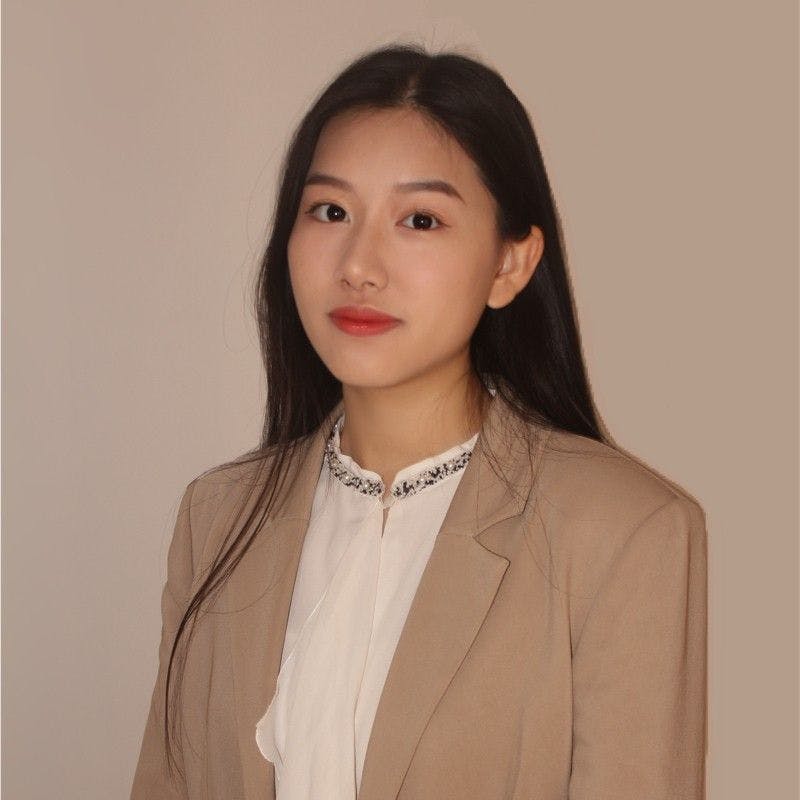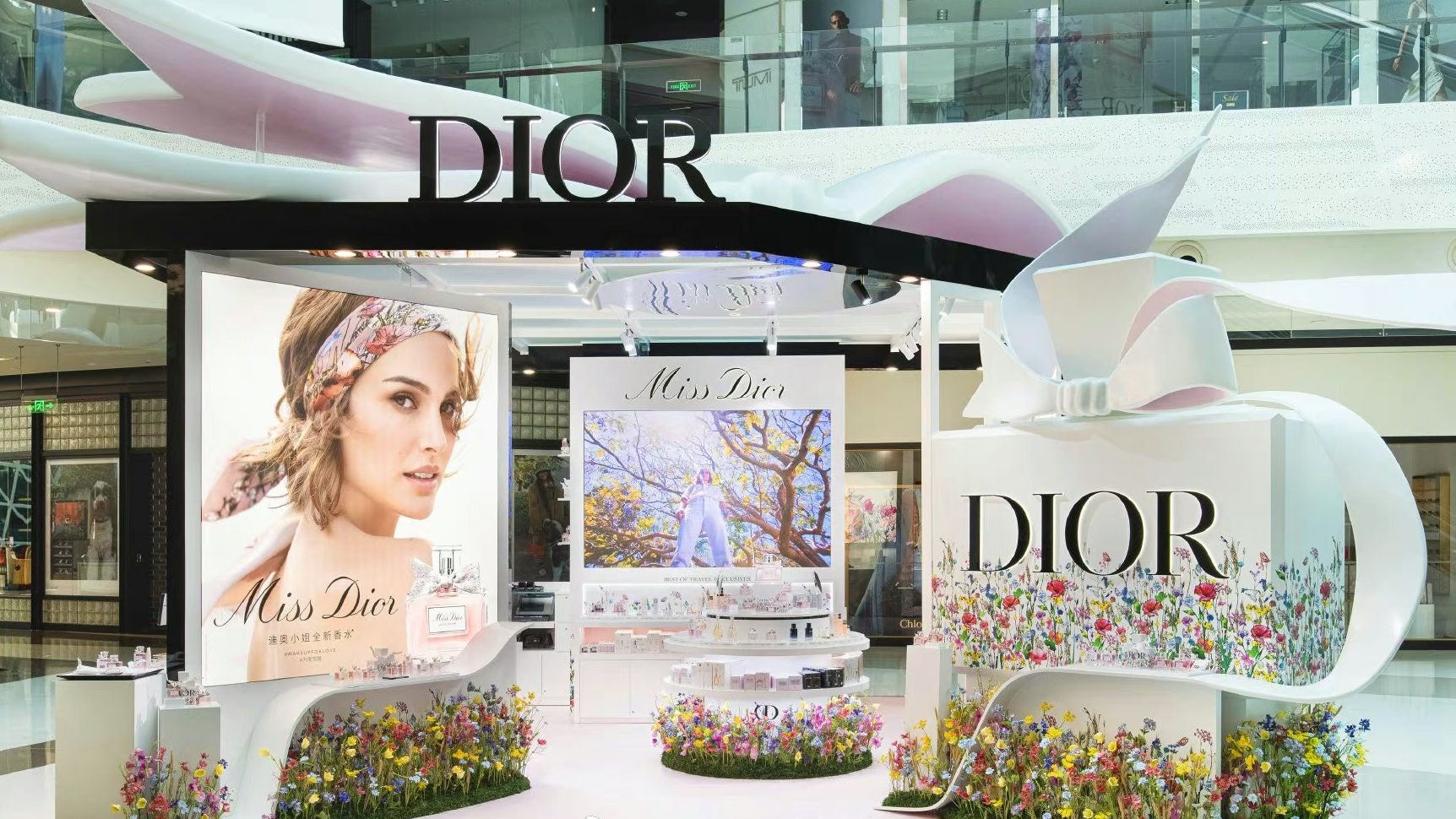What happened
In recent earnings releases, beauty conglomerates Beiersdorf and L’Oréal mentioned the impact of company and government efforts to crack down on daigou (Chinese shoppers who buy goods abroad and sell them at home to circumvent taxes). As a result, the businesses saw sales growth slow or reverse.
Sales of Beiersdorf’s premium luxury skincare label La Prairie were 319 million (2.3 billion RMB) in the first half of 2023, down 10.5 percent year on year. Excluding the Chinese and South Korean markets, the brand would have achieved growth of 10 percent in the second quarter instead of a 7.5 percent decline.

Last week, the world’s largest beauty group L’Oréal also released its 1H 2023 results, with sales increasing by more than 13 percent year on year to a new record high of 22.5 billion (162 billion RMB). However, sales growth in North Asia’s most promising markets, including China and South Korea, was 5.9 percent, much lower than guidance of 9.5 percent.
The beauty giant blamed the decline on the disruption caused by efforts to stop daigou in the Asian travel retail market. It also expressed support for the Chinese government’s tightening regulation of unlawful business.
“In Hainan, however, there’s been a clear deterioration between the first and the second quarter. As you know, in mid-May, the authorities started to exercise much tighter control over the daigou trade to preserve what they call Hainan’s golden brands, and travel retail operators have consequently refocused on the individual traveler. This has had a severe impact on industry-wide sell-outs. We’re not immune to this,” says L’Oréal chief financial officer Christophe Babule.

The Jing Take
Despite being a costly decision, both brands have insisted on boycotting parallel channels and forgoing short-term benefits to protect long-term value.
At the beginning of this year, luxury giant LVMH expressed its determination to tackle the daigou issue to preserve its brands’ allure. Speaking on the company’s 2022 annual earnings call in January, Bernard Arnault, LVMH’s chairman and CEO, addressed the daigou trade in cosmetics: “I mean, for your image, there is nothing worse. It’s dreadful.”
The push-back against the daigou trade means beauty sales in travel retail hotspots like Hainan will soften.
However, companies are okay with that. During the post-earnings call, Babule said: “To put our exposure into context, Hainan represents less than 3 percent of our business, the total Chinese ecosystem around 23 percent.”
He stated that the group’s “absolute priority” is the protection of the brands’ equity in China Mainland, where its market share is strong. L’Oréal has a working group that endeavors to ensure that travel retail prices and promotions do not negatively affect business in China. Ultimately, price harmonization is the key to stopping gray market activity.
The local governments’ and brands’ tightening controls on daigou activity will also smooth the shopping experience, long hampered by duty-free counters and sales assistants prioritizing bulk-buying daigous over ordinary customers.
The Jing Take reports on a piece of the leading news and presents our editorial team’s analysis of the key implications for the luxury industry. In the recurring column, we analyze everything from product drops and mergers to heated debate sprouting on Chinese social media.


